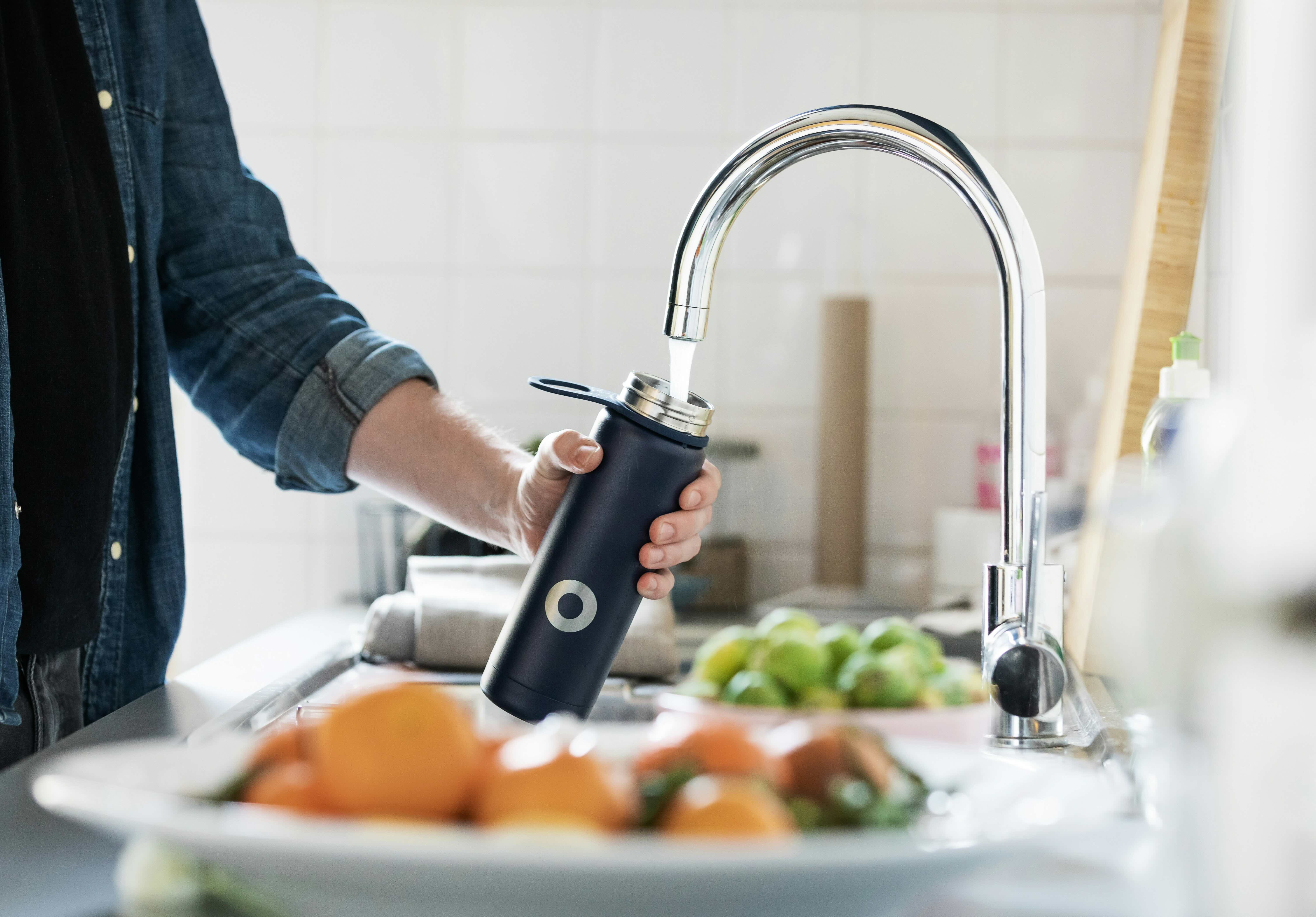Welcome to the ultimate guide to living in Aruba, where we explore everything you need to know about community choices and embracing the island lifestyle. Whether you're considering relocating, retiring, or buying a second home, Aruba offers a unique blend of natural beauty, safety, and vibrant culture. In this guide, we'll delve into the different types of communities available, the perks of island living, and essential tips for making the most of your new life in paradise.
Award-winning beaches, dazzling white and soft sand, turquoise blue water, and sunny tropical weather throughout the year – it’s no surprise that Aruba is one of the most popular destinations in the Caribbean. Aruba promises more sunny days than any other Caribbean island and has the least amount of rainfall in the Southern Caribbean. But Aruba has more to offer than this! Our “One Happy Island” is a paradise for nature lovers and adventure seekers. Enjoy a nature hike in the Arikok National Park, explore the unique street art in San Nicholas and choose from an extensive selection of dining options. Throughout the island, you'll encounter a diverse community, comprising of over 90 nationalities from more than 130 countries.

Living in a safe environment is a crucial aspect for many people. In general, Arubais a very safe place to live and the crime rate is low. It is known for being one of the safest islands in the Caribbean region. Likewise, the risk of a natural disaster is low as it is located outside the hurricane belt. Aruba is one of the most modern and developed Caribbean islands, it is awonderful place to live and work.

Source: https://www.numbeo.com/crime/country_result.jsp?country=Aruba
Last updated: June 2024
Aruba is celebrated for its stunning beaches, vibrant culture, and exceptional drinking water. Unlike many other Caribbean islands where fresh water can be scarce, Aruba benefits from a sophisticated desalination procedure. Aruba's drinking water undergoes a rigorous desalination process, where seawater is purified to meet the highest standards of quality and safety. This advanced technology ensures that residents and visitors alike have access to clean and potable water, free from impurities and contaminants.
Rated "One of the Best" in the world, Aruba's drinking water consistently garners strong praise for its exceptional quality and purity,. Whether enjoyed straight from the tap or served in a chilled glass at a local restaurant, Aruba's water delivers unparalleled taste and freshness.

Aruba boasts a range of educational institutions, from primary schools to tertiary education. International schools are also available, catering to the expat community. The island's healthcare system is well-developed, with modern facilities and services that meet high standards. Residents have access to both public and private healthcare, ensuring comprehensive medical care.
Getting around Aruba is convenient, with a reliable public transportation system and well-maintained roads. Buses are a popular option for locals and tourists alike, while taxis and car rentals provide additional flexibility. The island’s compact size means that most destinations are just a short drive away, making it easy to explore all that Aruba has to offer.
Living in Aruba means embracing a laid-back lifestyle filled with outdoor activities, vibrant culture, and a strong sense of community. Enjoy nature hikes in Arikok National Park, explore the unique street art in San Nicolas, and indulge in an extensive selection of dining options. The island’s diverse community and welcoming atmosphere make it an ideal place to call home.

Property Land
Real property is defined as a parcel of land, and generally, everything permanently attached to it. For example, buildings, fences, light fixtures, plumbing and heating fixtures. The owner of the property has complete ownership rights, including the ability to possess, sell, lease, and enjoy the land.
Long Lease Land
Long lease land involves a different arrangement. The land is owned by the government, and you secure a lease on the land for a specified period, commonly 60 years. Throughout this lease term, you are entitled to use the land as if it were your own, while respecting the applicable general and special leasehold conditions. Interestingly, many sought-after locations like Palm Beach, Eagle Beach, and a significant portion of homes in the Noord area find their home on Long Lease Land.
Gated Communities: Gated communities in Aruba are perfect for those who prioritize security and privacy. These neighborhoods are typically surrounded by a fence or wall with a gated entrance, restricting access to residents and their guests. Benefits of living in a gated community include enhanced security, reduced traffic, and exclusive amenities such as community pools, gyms, and tennis courts. Examples of popular gated communities in Aruba are Tierra del Sol Resort & Golf and Gold Coast Aruba.
Non-Gated Communities: For those who value a more open and integrated living experience, non-gated communities offer a diverse mix of housing options, from apartments to single-family homes. These communities often foster a strong sense of camaraderie and connection with neighbors. While they may not offer the same level of amenities as gated communities, they provide a welcoming atmosphere and greater access to local culture and events.

Whether you are seeking tranquility, adventure, or a vibrant social life, Aruba offers a perfect blend of opportunities for everyone. Welcome to life in paradise.
By Xenia Hirschfeld